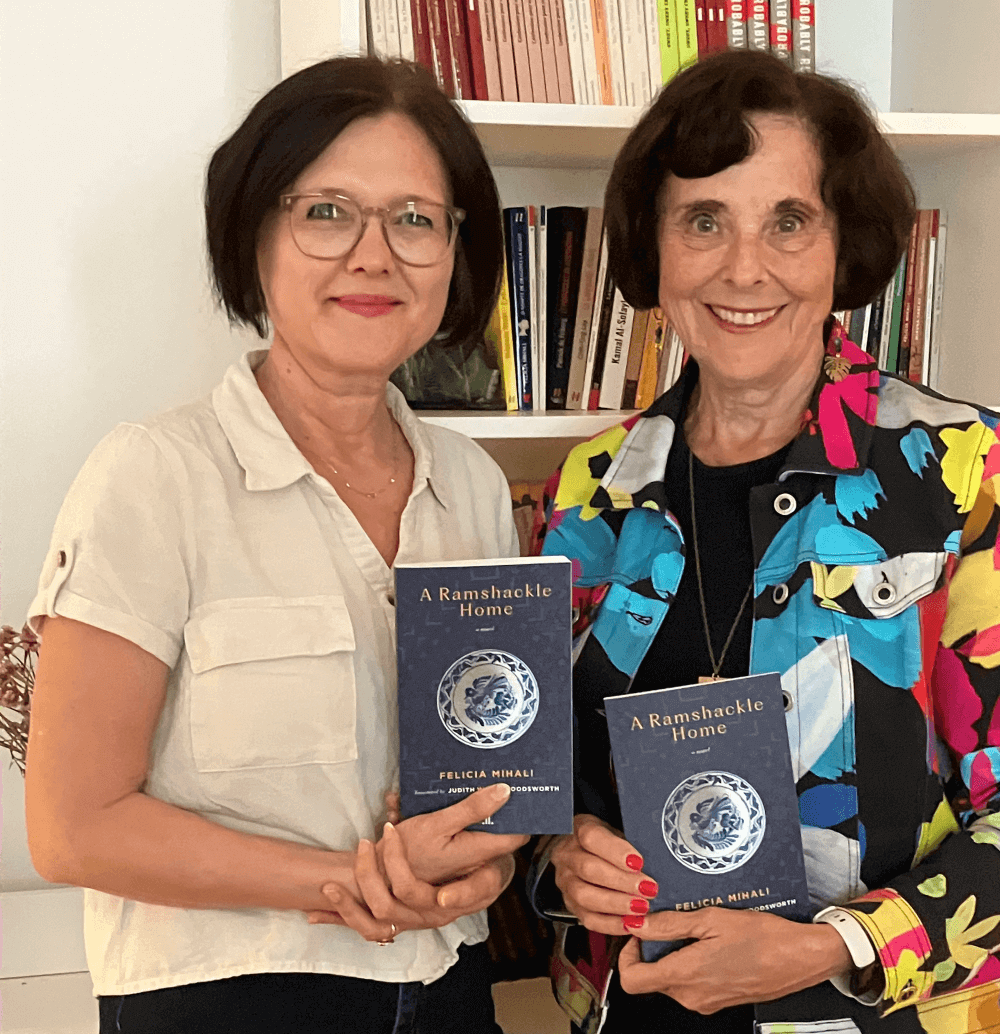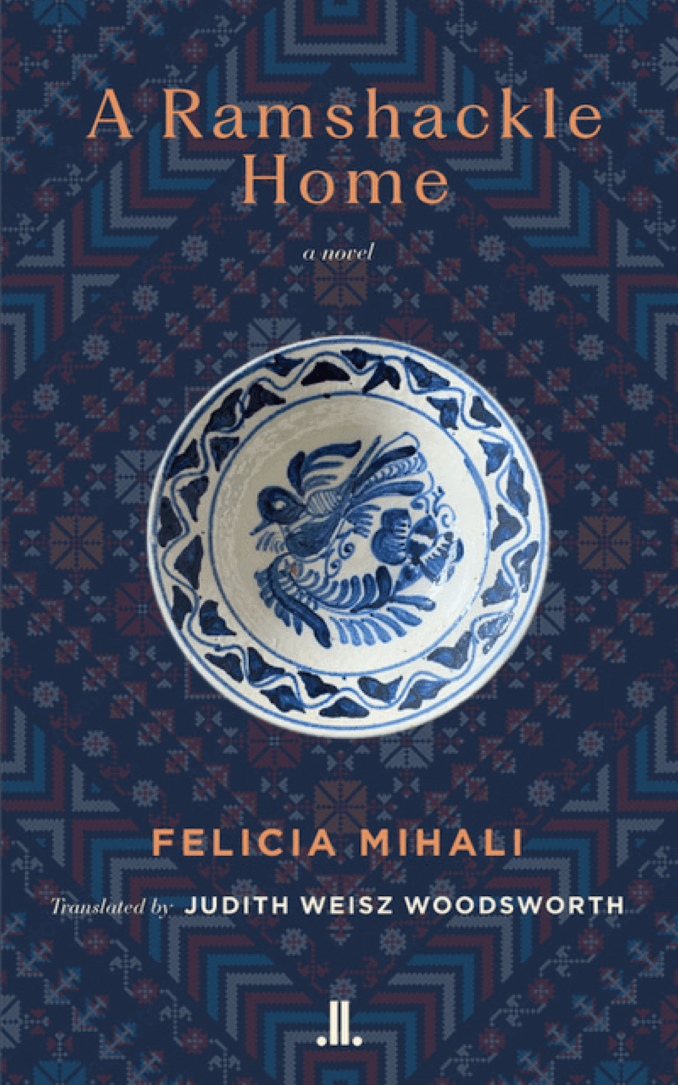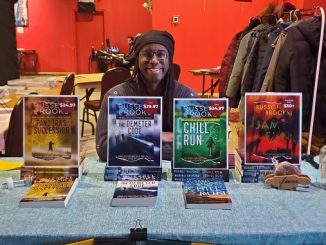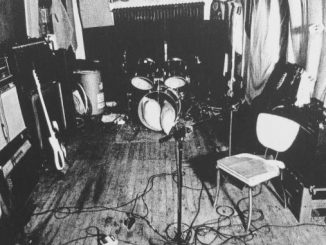A Ramshackle Home is the inaugural work in Mihali’s extensive literary repertoire. Judith Weisz Woodsworth’s translation of Le Pays du fromage (2002) breathes new life into this novel, which has undergone its third transformation, originally penned in Romanian and later translated into French by the multilingual author herself.

It is almost like an art form, being completely alone, isolated from the world, in quiet contemplation. For one to endure such a lifestyle, one must be some poet or philosopher, much like Wittgenstein, who self-secluded in the Bavarian Alps writing his Tractatus, or Kerouac, self-contained on his fire lookout on top of desolation peak. It is May when the protagonist of Felicia Mihali’s inaugural book, A Ramshackle Home, takes residence in her family’s dilapidated, deserted home in the Romanian countryside. In Mihali’s debut novel, a woman of thirty departs from her apartment in Bucharest, escaping a caustic marriage. Accompanied by her young son, she returns to her ancestral village in the countryside, described as a “dying village” inherited from her deceased parents and grandparents. The old world she returns to is devoid of any of Bucharest’s Italian-style cafes and ornate white-marble lobbies; there is only the land to face, the soil to toil, and the silence to ponder in. Here, in this sheltering home, where “entire days could pass without encountering another living soul,” the woman and her son begin to rebuild their connection to their own heart and soul. Marred by decades of oppressive Communist rule, she is liberated from societal norms, rituals of progress, and superficiality and returns to a lifestyle that is inexorably bound to the land. She’s propelled by unfamiliar sights, sounds, and smells, learning to subsist by intuition alone, organizing her life around the season’s effects on what produce is made available; she lives directly under her nose.
As the months turn back into rainy fall, the author amplifies the protagonist’s negative self-dialogue, wrestling with demons, as her house begins to ruin. Though solitude and suffering are typically the cause of enlightenment, the narrator has no moment of reckoning or inner peace. Yet, the unvarnished portrayal of a young woman liberated from a disharmonious life, and thrown into a static wilderness is a kick in the eye to those who reserve such spontaneous eruptions exclusively for maddened poets and philosophers. Mihali’s novel is an honest portrayal of an excursion whose pertinence is perennial to all those whose greatest battles lie within.

Felicia Mihali is a translator, editor and author living in Montreal. She is the founder and president of Montreal publishing house Éditions Hashtag.
Judith Weisz Woodsworth is a Canadian academic and retired university administrator, having taught translation, and formerly served as President of Concordia University and Laurentian University. In 2022, she won the Governor General’s Award for French to English translation for History of the Jews in Quebec, her translation of Pierre Anctil’s Histoire des Juifs du Québec, at the 2022 Governor General’s Awards.




